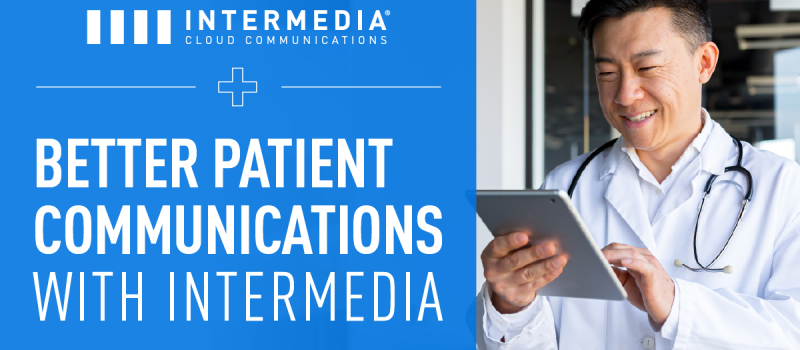When patients call to seek assistance over the phone, the variety of needs can range from simple appointment management to accessing more serious medical information. Regardless of the reason for the call, the importance of the patient’s experience cannot be overstated. Patients often seek support, guidance, and reassurance in important matters and general care regarding their health.
Effective customer service goes beyond just providing information; it creates a positive and supportive environment that helps patients feel heard, valued, and cared for. Contact centers can play a vital role in enhancing the patient experience, improving patient satisfaction, and ultimately contributing to better health outcomes. When Electronic Health Record (EHR) platforms are integrated with contact centers, healthcare organizations are better able to prioritize customer experiences, while optimizing revenue and efficiency at the same time.
The role of EHR
EHRs are digital versions of patients’ medical records that provide a comprehensive and centralized repository of their health information. They contain a wide range of data, including medical history, diagnoses, medications, laboratory results, immunization records, and more. Unlike paper-based records, EHRs allow healthcare providers to access and share patient information securely and efficiently, promoting coordinated care across different healthcare settings.
Long Handle Times, Hold Times, and Redundancy Often Lead to Unhappy Patients
Patients contact healthcare providers for many reasons – inquiries about billing or managing appointments and prescriptions—and these are all routed through to available healthcare employees. Contact center agents taking the inbound call must go through a multi-step process to identify, verify, and access the correct information for the patient, which can sometimes take extended periods of time. This is on top of the time the patient has spent waiting to talk to an agent if a call queue is backed up. This cycle repeats multiple times a day, which can leave unsatisfied patients and strained agents at its wake.
What Both Patients and Healthcare Providers Want
At the end of the day, both patients and the employees who aid them want to have streamlined communication that is accurate, secure, and delivered promptly. While the EHR platforms work to provide the data itself, it is often times the healthcare provider’s interface that elongates patient handling time.

It can take, on average, nearly a minute to verify patient identity for every patient interaction over the phone. These times add up to over 6 hours a week spent on verification alone – time that could be spent helping other patients. The information can also be stored in separate places or require different resources to look up. Having to search around or wait for the provider to access the information a patient needs works actively against the shared experience goal and depersonalizes the interaction for the patient.
Introducing Patient Assist
One of the new features of Intermedia Contact Center for the healthcare industry is Patient Assist. With the integration of EHR platforms into Contact Center, patient data is seamlessly – and most importantly – securely transferred. Patient Assist expedites patient verification through Caller ID technology, where patients can now quickly verify their name and birthdate to the agent.
February 23, 2024
Explore other posts on these topics: Compliance Healthcare Security




